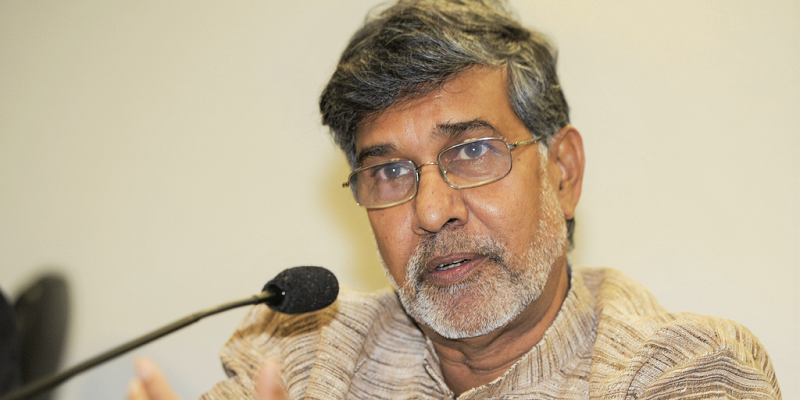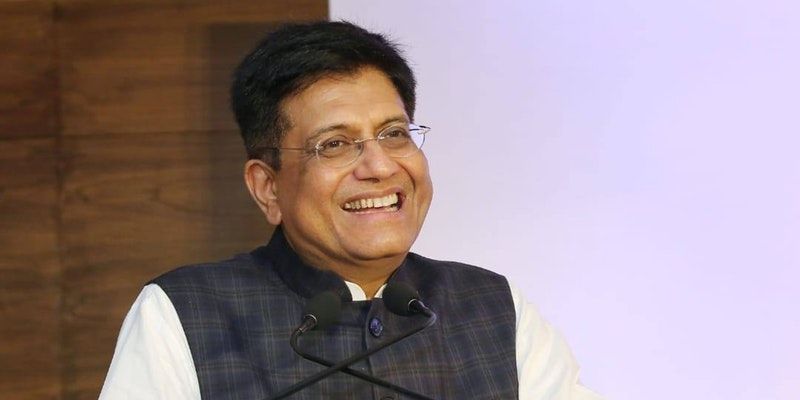Kailash Satyarthi questions women safety and growing intolerance in India
Nobel laureate Kailash Satyarthi said that girls were “not safe” in the country, and expressed deep concern over the recent incidents of rapes of minors in the national capital which he said stood out for the sheer “apathy”.

The child rights activist wondered what moral argument can one give when girls are not safe in a society which also worships goddesses. “Where is the outcry?” “What moral argument one can give that we are worshiping our goddesses and girls who are our living goddesses are not safe? Simply going to India Gate with candles won’t do. This is unacceptable,” he said.
Satyarthi also decried growing “intolerance” in the society. “The girls are not safe, neither in their homes, nor in their schools nor in neighbourhoods or in police stations. I am not generalising but they feel frightened. Fear is something which is driving us and all the reactions, even all the creations are so reactive,” Satyarthi said.
“Fear was a major driving force behind societal reactions to such instances of sexual violence,” he said. He was speaking on ‘Dreams for a child friendly India’ at the 21st Justice Sunanda Bhandare Memorial Lecture in New Delhi.
Satyarthi, who was jointly awarded the Nobel Peace Prize with Pakistani teenage activist Malala Yousafzai, identified “fear, apathy and intolerance” as three enemies needed to be fought against for a child friendly society. Supreme Court Judge T S Thakur, Delhi High Court Chief Justice G Rohini and Justice Leila Seth were also present on the occasion.
“How fast are we becoming intolerant? And that is spreading,” he said. Satyarthi cited official statistics to highlight the low rate of conviction in POCSO and child labour related cases in the country. Quoting National Crime Records Bureau (NCRB) data he said out of 8,900 cases registered under the POCSO Act last year only one per cent resulted in conviction.
“NCRB report on child labour says that there are 43 lakh children working full time in the country. Civil society organisations believe the number could be 10 times more. But only 147 cases were registered last year whose conviction rate was 2 per cent,” Satyarthi added.
He underlined the need for greater investments on child education and healthcare among other spheres. “We spare only 4 per cent of our GDP on children who constitute around 41 per cent of the population.” There was a need for a synergy between top down and bottom up approach of development, he said.
He urged religious leaders to call out perpetrators of sexual violence and oust them from their community or faith. In his speech, Justice Thakur emphasised on the need for proper rehabilitation of rescued children and expressed concern over the lack of shelter homes. “There’s no centralised agency to register missing reports or to track those who get lost,” he said, while briefly dwelling on the menace of trafficking.
Image Credit : Flickr
Read More :
14 International Nobel laureates led by Kailash Satyarthi fight to protect children
Nobel Laureate Kailash Satyarthi demands complete ban on all forms of child labour
“4.5 days of global military expenditure can educate all children” – Kailash Satyarthi







